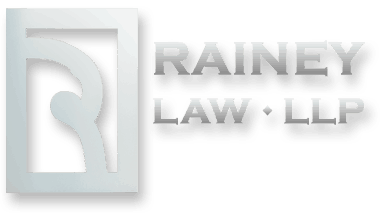 Many want to be remembered positively after they have passed away. Making a charitable gift with your estate plan is a great way to ensure you and your family will be remembered fondly. If you do not have an estate plan, click here to learn how to leave memories, not a mess.
Many want to be remembered positively after they have passed away. Making a charitable gift with your estate plan is a great way to ensure you and your family will be remembered fondly. If you do not have an estate plan, click here to learn how to leave memories, not a mess.
There are three ways you can include a charitable gift in your estate plan:
1. Making an Gift in Your Trust to a Named Charity
One of the simplest ways to provide a gift in your estate plan is to leave a specific gift or any portion of the remainder (what is left in the trust after specific gifts are made) to a charity or non-profit named as the beneficiary. While this is one of the easiest methods, it comes with downside of a gift possibly lapsing if the charity(ies) or non-profit(s) named no longer exist when the trust or estate is distributed. You can find charities you may be interested in providing a gift to at GiveSmartOKC.
2. Establishing a Charitable Trust
One method for leaving a charitable gift in your estate plan is to create a charitable trust in your estate plan. Creating a charitable trust in your estate plan could allow more flexibility in drafting the charitable trust and how the gift will be given or administrated. This option allows more flexibility and may provide tax benefits depending on the drafting. However, this option would likely increase the administrative burden on your trustee and administration costs to manage the charitable trust.
3. Making the Charitable Gift to a Fund
Several types of funds can be used to make a charitable gift depending on the gift and the purpose of your charitable gift. Legacy Funds can be created with a gift as little as $10,000; Gift Funds: $20,000; Scholarship Funds: $50,000; Field of Interest Fund: $100,000; Family Affiliated Fund: $1 million. The provision creating this gift is as simple as naming the fund. Clients would then create a fund agreement with a community foundation (e.g. the highly regarded Oklahoma City Community Foundation) establishing and defining the purpose of the fund, such as (i) helping animals find forever homes, (ii) Alzheimer’s research, (iii) improving access to education, (iv) others. A fund can create a long-lasting gift effecting your charitable purposes and may provide over time a gift larger than an initial outright bequest.
Whether you need to create an estate plan or update your estate plan, we’re happy to help!
Complete our convenient online and confidential estate planning worksheet for new estate plans or estate plan updates, and we’ll contact you to schedule a free consultation at our offices. For more information on how we can help you get your estate planning done, see Estate Planning Made Easy with Rainey Law, LLP.





